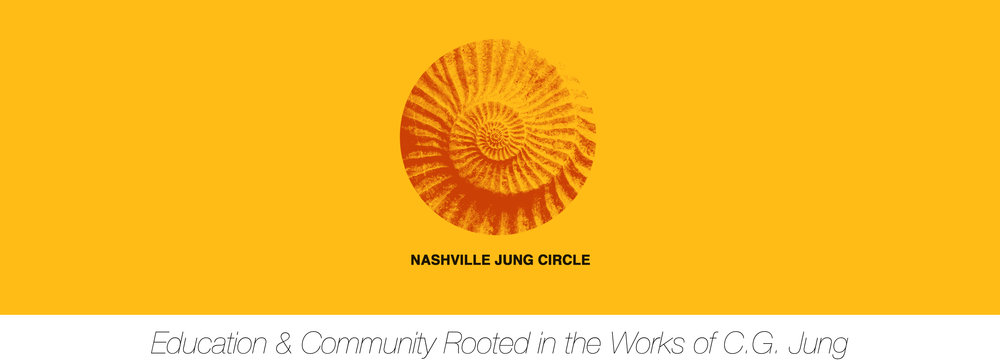Dr. James Hollis returns for a Saturday workshop, "Living the Examined Life: Tasks for the Second Half of Life."
Tiny, dependent, and at the mercy of the world around us, we all have to adapt, adjust, bury, deny, split-off and repress, and thereby lose contact with our own sovereignty and natural source of guidance. The core project of the second half of life is the recovery of that source. This program/workshop will focus on twenty-one steps we may take toward the recovery of our personal journey.
Jame Hollis, Ph.D.,is a Zurich trained Jungian Analyst with a practice in Washington, D.C., where he is Executive Director of the Jung Society of Washington. He is also author of fifteen books, including the February 1st, 2018 release Living an Examined Life
